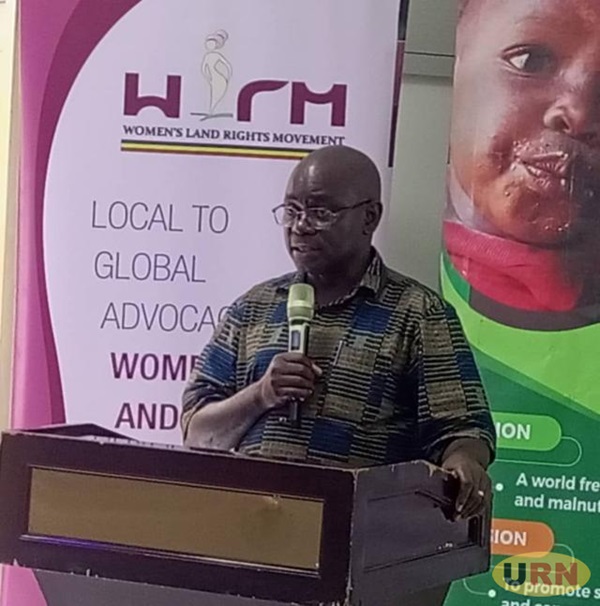
Kampala, Uganda | THE INDEPENDENT | A Makerere University lecturer and renowned economist has castigated the Parliament of Uganda over their planned regional parliament sittings.
The Parliamentary Commission reportedly plans to spend more than sh5 billion on each of the four planned regional sittings.
Dr. Fred Muhumuza has joined members of the opposition and a section of the public opposed to the planned expenditure.
Ssenyonyi who is also the Nakawa West Member of Parliament said the shadow cabinet had resolved not to participate in the regional parliament sittings.
Ssenyonyi said that the five billion shillings to be spent on each of the sittings would make a huge impact in addressing issues related to health or education sectors.
Ssenyonyi’s ideas irked Northern Uganda legislators who accused him of hating their region. MPs Anthony Akol and Ojara Mapenduzi said Ssenyonyi does not know any part of Northern Uganda and that is why he is against regional parliament sittings.
He said the idea of holding parliament sittings is likely to waste resources needed to solve problems faced by Ugandans.
Dr. Muhumuza lauded the Leader of Opposition (LOP) Joel Ssenyonyi, who has come out to speak against wasting taxpayers’ money in regional parliamentary plenaries.
“Parliament does not have to go to Gulu to resolve the land issues . The women with their issues in Gulu will not feel their presence,” he said.
He suggested that every Ugandan should agree with Ssenyonyi on this matter despite the differences they could have with him.
Dr. Muhumuza was addressing participants at the Post-Budget Dialogue Analysing Uganda’s National Budget 2024/2025 and Its Implications on Land Management and Women’s Land Rights.

The Women’s Land Rights Movement (WLRM), Food Rights Alliance (FRA), and Uganda Community-Based Association for Women and Children’s Welfare (UCOBAC) organized the dialogue.
Agnes Kirabo, FRA’s executive director said addressing land issues affecting Ugandans mostly women needs critical analysis because it is central to the country’s economic development, food security, and social stability.
Kirabo said effective land management and administration are essential for sustainable development and poverty reduction. She, however, observed that land governance in Uganda faces numerous challenges, including land disputes, inadequate land registration systems, gender disparities in land rights and inadequate funding to the land sector.
“Women, who constitute a significant portion of the agricultural workforce and a role in fostering food security at all levels, often face barriers to accessing and securing land due to cultural, legal, and economic factors,” Kirabo said.
Lillian Achola said that the recently approved National Budget for FY 2024/25 for Uganda generally has significant implications for various sectors, including land management and administration. Achola added that given the critical role that land plays in Uganda’s socio-economic development, it is essential to assess how the current running budget allocations impact land management institutions and the protection of land rights particularly for women.
“We should bear in mind that women often face significant barriers in accessing and securing land rights, and budgetary decisions can either alleviate or exacerbate these challenges,” Achola said.
Dr Muhumuza said land matters need to be traced from every aspect of the ministries, agencies and departments because they cut across. Because of unresolved land issues, Dr Muhumuza said it now depends who has more money to bring in more police officers or civilian guards.
Kirabo further said there is a need to make sure that women’s land rights are viewed in the aspect of government projections like NPDIII which is ending in this financial year.
“You need to know women’s land issues are complex. For a woman to get land in most cases it is not a straightforward process. I have land which I bought using my own money because I am educated. Educating a girl is one of the ways to empower them to acquire land,” Kirabo said.
****
URN
 The Independent Uganda: You get the Truth we Pay the Price
The Independent Uganda: You get the Truth we Pay the Price



